Solution to vascular access for kidney dialysis
The challenge
Chronic kidney disease is divided into five stages. The end stage often means patients need renal replacement therapy. They may be treated either by a transplant or by dialysis. There are two main types of dialysis: haemodialysis, which is more common, and peritoneal dialysis.
Vascular access for haemodialysis is a lifesaving gateway to deliver treatment. There are two main options to implement extracorporeal circulation. This is the circulation of blood outside the body, which is required for dialysis.
One way to implement extracorporeal circulation is arteriovenous fistula (AVF). Although this painful and difficult to implement, it is the option doctors usually choose. An alternative is central venous catheter (CVC), but this results in poor outcomes, including infections and dysfunction.[1] CVC can lead to hospitalisations, and even loss of life. It can also have a negative impact on a patient’s quality of life. Both techniques present a huge barrier for a greater adoption of self-care dialysis (especially at home).
In Europe there are 352,000 patients treated with haemodialysis.[2] Despite its poor outcomes, CVC has a high prevalence rate of around 20% across Europe.[3] Quantitatively, CVC has the highest costs across all types of vascular access. This is largely due to infection rates. The estimated costs associated with hospitalisations due to CVC related infection ranging from €16 161,90 to €30 422,40.[4]
Vascular access for patients on haemodialysis has historically been an area of unmet medical need. A 2017 survey listed better solutions for vascular access as a top priority in the area of haemodialysis for healthcare professionals and patients.[5]
The solution
The team behind HemoPlug have come up with an innovative valve system to solve the challenges of vascular access in haemodialysis. HemoPlug is a made up of uPlug and iPlug, which both use a unique valving system that promises to reduce complications during CVC.
By allowing a contact-free connection for vascular access, HemoPlug has the potential to decrease infection rates. This in turn reduces the likelihood of thrombosis (formation of a blood clot within a blood vessel), which could be induced by endoluminal (within a tubular organ or structure) infections.
uPlug, which stands for universal plug, is a CE marked medical device which offers an extension to any CVC. This technology enables an easy contact-free connection through a patented valving system. After removing the cap, the user connects a disposable plug to a socket. Unlike a regular CVC procedure, which requires many disconnections, uPlug allows dialysis to be done easily, without any disconnections. iPlug (which stands for implantable plug) uses the same valving system, with additional features.
Expected impact
HemoPlug will significantly reduce adverse events during CVCs, including unplanned and emergency hospitalisations, and in doing so will save costs. The time that doctors will save managing fewer complications can be allocated to other patients, helping to improve prevention stages and strengthen care pathways.
Because it offers secure and easy-to-use vascular access, HemoPlug can enable the development of self-care haemodialysis (including home care). Home care is associated with a better quality of life and cost reductions.
Having patients in better shape will enhance professional satisfaction of the healthcare team. These better outcomes will improve the daily life of nurses who will save time in preparation. Not needing to keep reconnecting the CVC will allow them focus on the patient.
Ultimately, HemoPlug can promote better health for citizens and improve patient outcomes. It promises to minimise the burden of end stage renal disease on patients, improving their quality of life and giving them the possibility to be treated at home.
HemoPlug can also contribute to a sustainable health economy in Europe as it offers the potential to create new jobs to develop, sell and manufacture the solution.
External Partners
- UBIPLUG (lead partner)
- UCL (Université Catholique de Louvain)
- CHU CAEN (Centre Hospitalier Universitaire de Caen)
References
[1] van Oevelen, M. et al. (2019). Precurved non-tunnelled catheters for haemodialysis are comparable in terms of infections and malfunction as compared to tunnelled catheters: A retrospective cohort study, The Journal of Vascular Access, 20(3), 307-312.
[2] European Renal Association – European Dialysis & Transplantation Association (ERA-EDTA) registry, Annual Report (2019). Table A.3.1 (607k prevalent patients on RRT) & Figure A.3.4 (58% treated by HD), Available at: https://www.era-online.org/registry/AnnRep2019.pdf
[3] USRDS, Annual Report (2021). Figure 4.6, Available at: https://adr.usrds.org/2021/end-stage-renal-disease/4-vascular-access
[4] Nissenson, A.R. et al. (2005). Clinical and Economic Outcomes of Staphyloccus aureus Septicemia in ESRD Patients Receiving Hemodialysis, American Journal of Kidney Diseases, 46(2), 301-308.
[5] Evangelidis, N. et al. (2017). Developing a Set of Core Outcomes for Trials in Hemodialysis: An International Delphi Survey, American Journal of Kidney Diseases, 70(4), 464-475.
Members
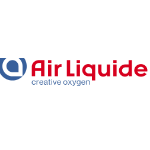
CLC/InnoStars: France
Partner classification: Business
AIR LIQUIDE is the European Healthcare Service Integrator (1.2 million chronic disease pts with COPD, CHF, diabetes, parkinson...) working to improve patients' quality of life at home and to reduce hospitalizations and healthcare costs.
Air Liquide Sante International (ALSI)
Air Liquide Sante International (ALSI), 28 Rue d'Arcueil, 94250 Gentilly, France
Key Activities in Corporate Innovation
Med Tech, ICT, Consumer products
Key Activities in Social Innovation
Healthcare provision
Key Activities in Education
Healthcare professional education/training

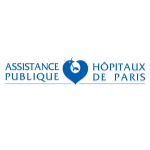
CLC/InnoStars: France
Partner classification: Tech Transfer, Clusters, Other NGOs, Hospital / University Hospital
Partner type: Core Partner
We are a teaching hospital with a European dimension globally recognized. Our 39 hospitals attended each year 8 million sick people: consultation in emergency hospitalizations during scheduled or home hospitalization. We provide a public health service for all, 24/24, and it is for us both a duty and pride.
Assistance Publique - Hôpitaux de Paris
Assistance Publique - Hôpitaux de Paris, 1 Avenue Claude Vellefaux, 75010 Paris, France

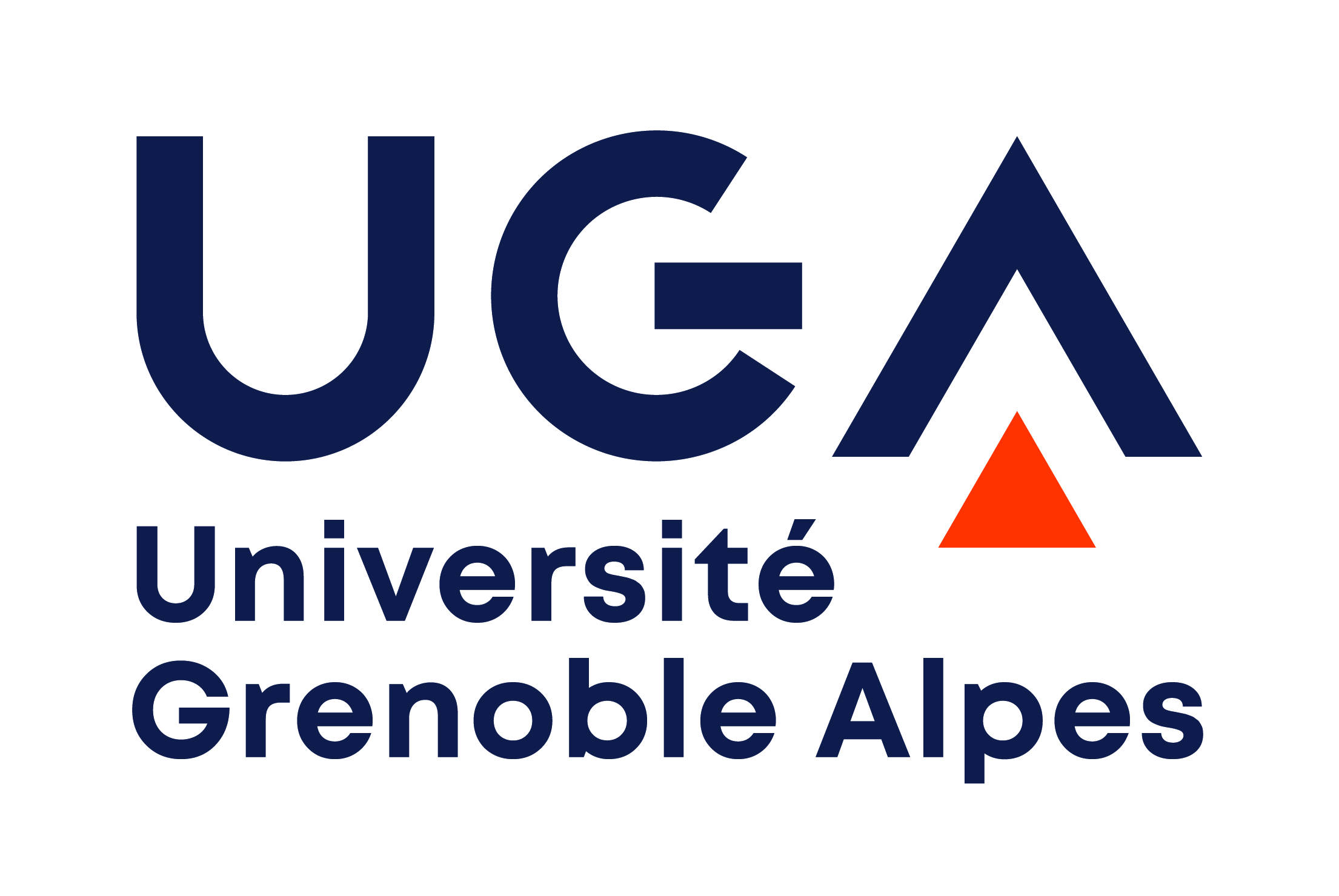
CLC/InnoStars: France
Partner classification: Education, Research, Tech Transfer, Clusters, Other NGOs
The UGA in Grenoble is a leading University of Science Technology and Health. Within 80 multidisciplinary laboratories, the UGA is developing outstanding research at national and international level. The UGA offers a wide range of training courses, from bachelor to doctorate, in close connection with the socio-professional environment to promote the integration of its students.
Université Grenoble Alpes (UGA)
621 Avenue Centrale, 38400 Saint-Martin-d'Hères
Key Activities in Research and Developement
Biomedical engineering, Life science, Social sciences /health economics
Key Activities in Corporate Innovation
Pharma, Med Tech, ICT, Diagnostics, Imaging, Nutricion
Key Activities in Business Creation
Incubation, Technology Transfer, Business coaching
Key Activities in Education
Entrepreneurship training, Technical faculties, Medical faculties, Healthcare professional education/training

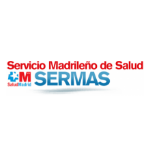
CLC/InnoStars: Spain
Partner classification: Municipality / City, Hospital / University Hospital
Servicio Madrileño de Salud (SERMAS) is the public health provider of the region of Madrid. SERMAS belongs to the Spanish National Health System and provides services to more than 6 million citizens through 38 hospitals and 424 primary care centres. SERMAS is an international reference for high-specialized medicine; it is equipped with state-of-the art stage technologies and characterized by high-qualified health professionals distributed in three domains: primary care, hospital care and emergency care through SUMMA 112. SERMAS has one of the best public primary care systems in good coordination with hospital care and social services in order to provide integrated care and achieve real impact on patients and families. In order to improve health research management and coordination, SERMAS works with 13 Research Foundations that support from the economic and administrative point of view research and innovation that originates at university hospitals, primary care, the emergency medical service and public health covering all areas of specialties and including communication and information technologic departments. These public research foundations focus on innovation and translational research, seeking for real outcomes in healthcare. SERMAS is committed to ensure the continuous improvement of quality.
Key Activities in Social Innovation
Healthcare provision, Payers
Key Activities in Business Creation
Technology Transfer, Testing & Validation
Key Activities in Education
Medical faculties, Healthcare professional education/training

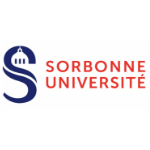
CLC/InnoStars: France
Partner classification: Education, Research, Tech Transfer, Clusters, Other NGOs, Hospital / University Hospital
Partner type: Core Partner
Sorbonne University is a multidisciplinary, research-intensive and world-class academic institution. Firmly rooted in the heart of Paris, it is committed to the success of its students and devoted to meeting the scientific challenges of the 21st century. Sorbonne Université is a multidisciplinary research university created on January 1st 2018 by the merging of the Universities Paris-Sorbonne and Pierre et Marie Curie. It is made of three faculties, in Sciences, Medicine and Humanities, and trains 54,000 students, among who 4,700 PhD students and 10,200 international students.
Sorbonne Université (ex UPMC)
Sorbonne Université (ex UPMC), 4 Place Jussieu, 75005 Paris, France
Key Activities in Corporate Innovation
Med Tech, ICT, Diagnostics, Imaging
Key Activities in Social Innovation
Healthcare provision
Key Activities in Business Creation
Incubation, Technology Transfer
Key Activities in Education
Entrepreneurship training, Technical faculties, Medical faculties, Healthcare professional education/training
